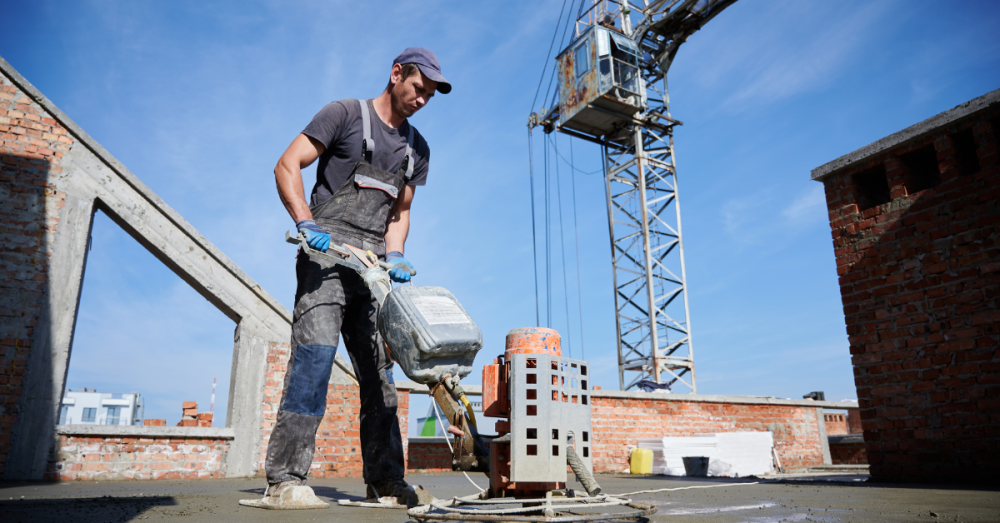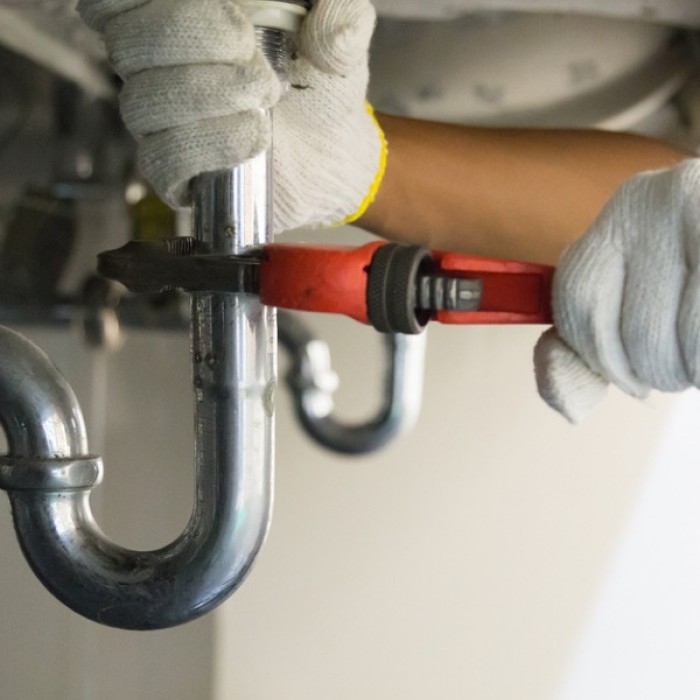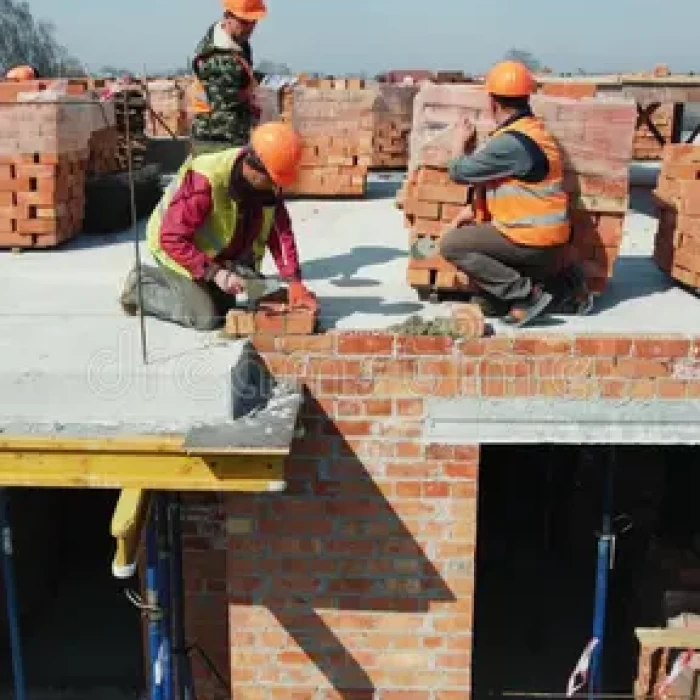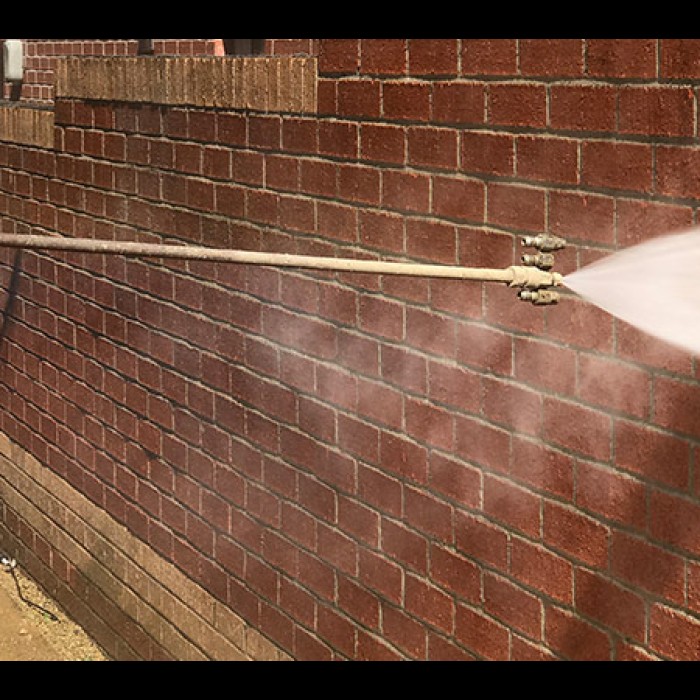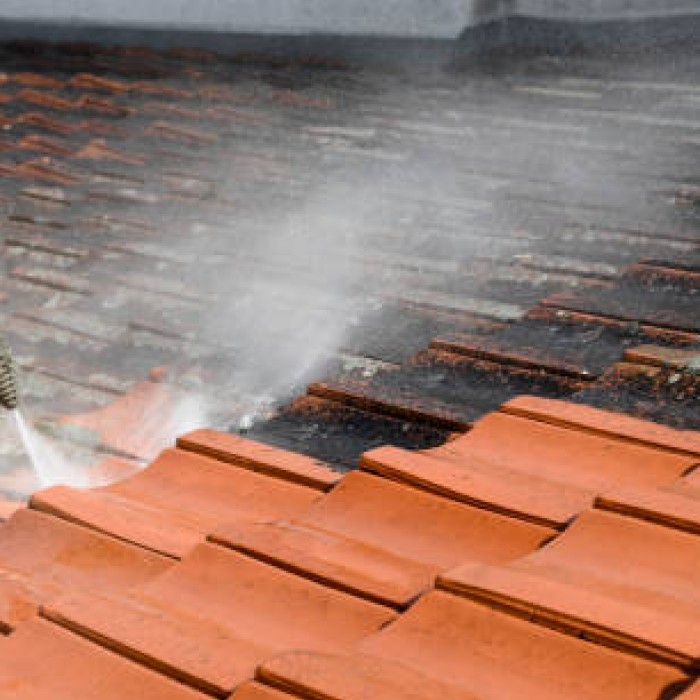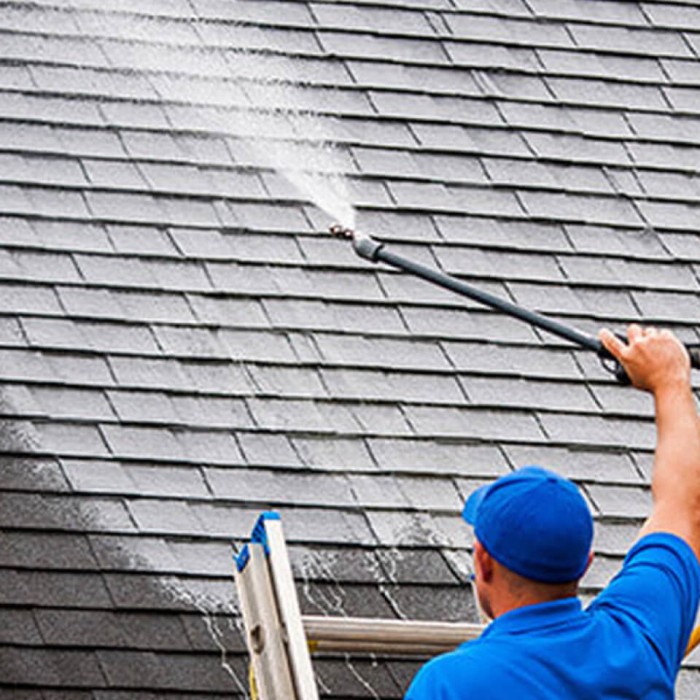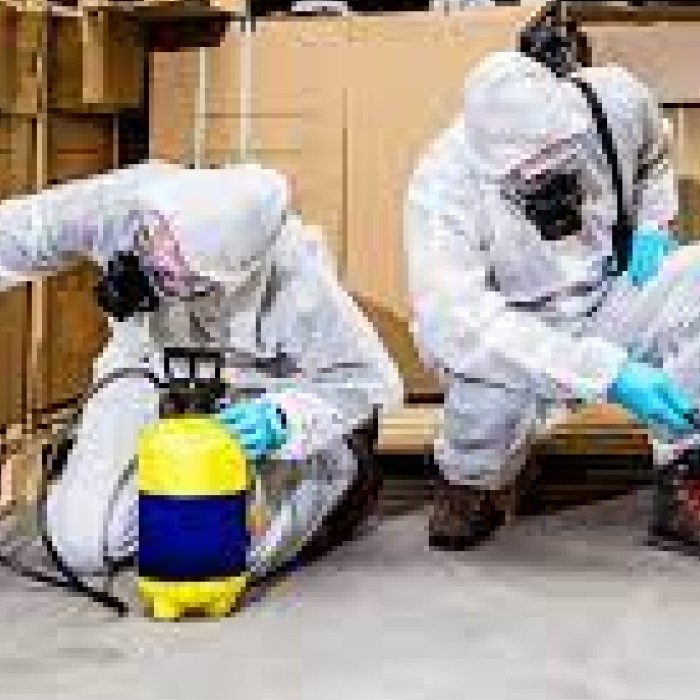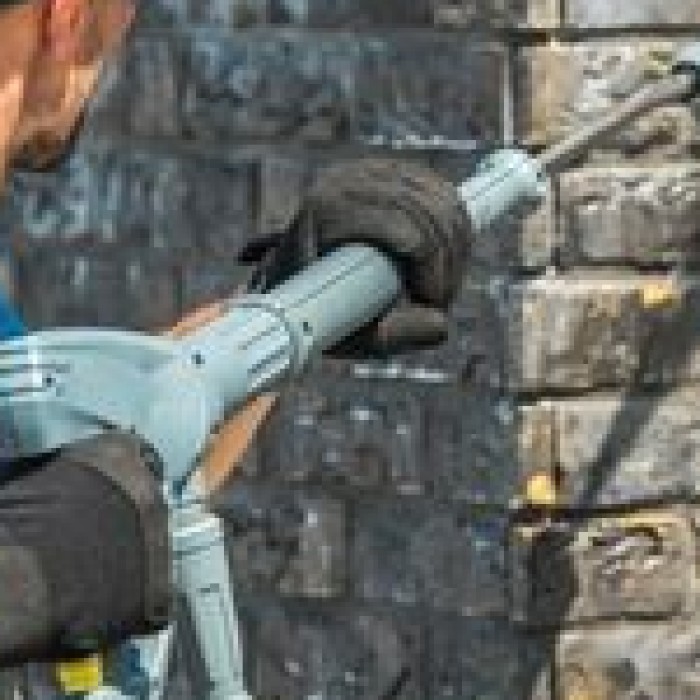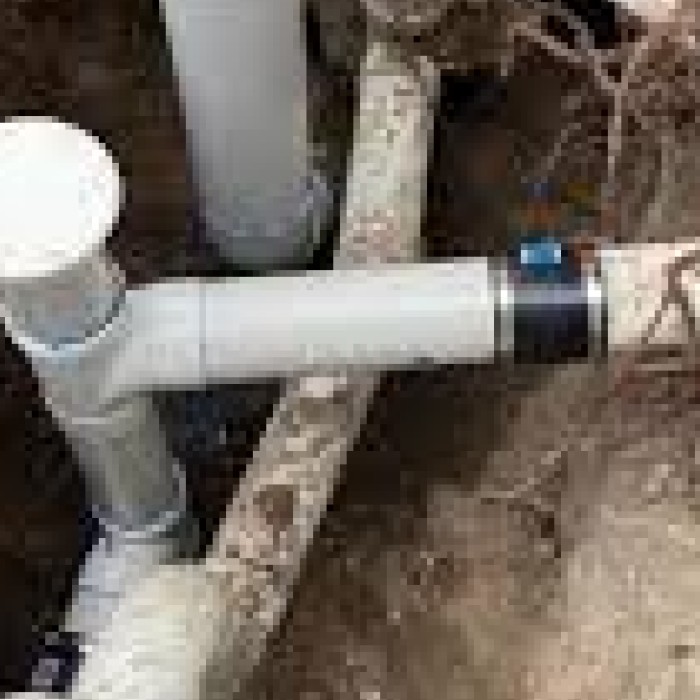Different Types of Concrete For Industrial Use
Industrial construction projects demand durable and reliable materials, and when it comes to the foundation of such projects, concrete reigns supreme. With its unmatched strength and versatility, concrete is the backbone of industrial infrastructure worldwide. However, not all concrete is created equal; different types serve different purposes and offer distinct advantages. By understanding the unique properties and applications of each type, one can make informed decisions and ensure the success of your industrial construction projects.
In this comprehensive guide, we will explore the wide array of concrete options that are specifically created for industrial use, including porous concrete, high-density concrete, and ready mix concrete, among others. We will explore the specific properties of each and where they are used in industries. We will not be talking about cost related matters in this article, as such costs are subject to change and industries usually can afford most of the types of concrete when it becomes necessary.
Types of concrete commonly used in Industries
Following are some of the concrete types that commonly find use in industries.
Prestressed concrete
Prestressed concrete is a type of concrete that is reinforced with high-strength steel strands or cables, allowing it to withstand significant tension and compression forces. This is achieved by applying a pre-compressive stress to the concrete during the construction process. Prestressed concrete can handle high stress levels, typically ranging from 25 to 40 MPa, making it ideal for structures such as bridges, parking garages, and high-rise buildings.
High density concrete
High density concrete, also known as heavyweight concrete, is specifically designed to have a higher density than traditional concrete. It is achieved by incorporating heavy aggregates, such as iron ore or steel into the concrete mixture. High density concrete offers excellent shielding properties against heat, impact and other environmental variables. Its density can range from 3000 to 6000 kg/m3, allowing it to withstand high stresses of up to 55 Mpa. This makes it suitable for applications in places like nuclear power plants and offshore structures.
Ready mix concrete
Ready mix concrete, as the name suggests, is concrete that is manufactured in a batching plant or concrete plant and delivered to the construction site in a ready-to-use form. It is produced by blending various ingredients, including cement, aggregates, water, and admixtures, in precise proportions. Ready mix concrete offers the advantages of consistent quality, increased efficiency, and reduced on-site labor. Its stress-bearing capacity varies depending on the specific mix design and application.
Air-entrained concrete
Air-entrained concrete is a type of concrete that incorporates small air bubbles into the mixture. These air bubbles improve the workability and durability of the concrete by providing space for expansion when exposed to freezing and thawing cycles. The stress capacity of air-entrained concrete is similar to that of regular concrete, typically ranging from 20 to 35 MPa, but its ability to resist damage from freeze-thaw cycles is significantly enhanced.
Reinforced concrete
Reinforced concrete is the most common form of concrete that comes with steel reinforcement. Steel bars or mesh are embedded within the concrete to provide additional strength and resist cracking under tension. The reinforcement can handle tensile stresses, while the concrete carries compressive stresses. The stress capacity of reinforced concrete can vary widely depending on the design and reinforcement arrangement, but it commonly ranges from 20 to 40 MPa.
Porous concrete
Porous concrete, also known as pervious concrete or permeable concrete, is designed to have a high porosity, allowing water to pass through it and infiltrate into the ground. This type of concrete is made by using a mix design that reduces the amount of fine aggregates, resulting in interconnected voids within the concrete structure. The stress capacity of porous concrete is typically lower than traditional concrete, ranging from 10 to 25 MPa, but its permeability makes it ideal for applications where stormwater management and groundwater recharge are important, such as parking lots and sidewalks in industries.
Glass concrete
Glass concrete is a unique type of concrete that incorporates recycled glass aggregates as a partial replacement for traditional coarse aggregates. The glass particles are combined with cement and other materials to create a translucent and aesthetically appealing material. The properties of glass concrete, including its strength and stress capacity, can vary depending on the mix design and the size and type of glass used. However, it generally exhibits a similar stress capacity to regular concrete, typically ranging from 20 to 40 MPa, while offering a distinctive visual appearance.
Conclusion
As you can see, the world of industrial concrete offers a diverse range of options to suit various construction needs. From porous concrete designed to mitigate water runoff and improve drainage, to high-density concrete capable of withstanding extreme pressures, and ready mix concrete that simplifies on-site mixing, there is a solution for every project. Whether you require a durable foundation for a heavy industrial structure or a decorative flooring system for a commercial space, the right type of concrete can make all the difference. At WorldWideServices, we understand the importance of choosing the right concrete for your specific requirements. Our team of experts is dedicated to providing top-notch concrete solutions, tailored to your project's unique needs.

